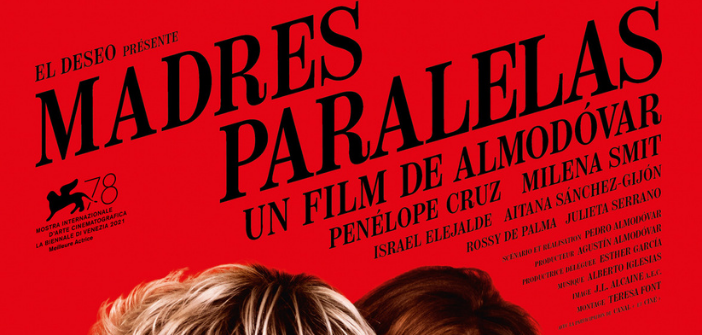Before anything else, there is the renewed joy of Almodovar’s warm colors and his editing mastery, which allows us to move fluidly from one temporality to another, with or without ellipses. Madres paralelas, as its name suggests, is a story of motherhood—late for one of the two and early for the other—which, as one might expect, leads to highly romantic situations, on the verge of sentimental and over-dramatized telenovela tales.
At a certain point, the plot of Madres paralelas slightly overdoes the plot twists, but the Spanish filmmaker hasn’t lost his touch and remains capable of making us swallow beautiful emotional twists. There is also another subplot in the film, connected to the Spanish Civil War, which ultimately feeds and enriches the main story, in a way that only he, or almost only he, has the secret.
In many respects, Madres paralelas is a richer work than it appears, addressing themes of transmission, identity, and the essential understanding of the past. While not entirely on par with Almodovar’s greatest films, the director’s style works wonders once again, with his incomparable gift for glorifying women (and mothers) and the actresses who portray them, especially with Penélope Cruz, one of his favorite muses, who is truly radiant.


